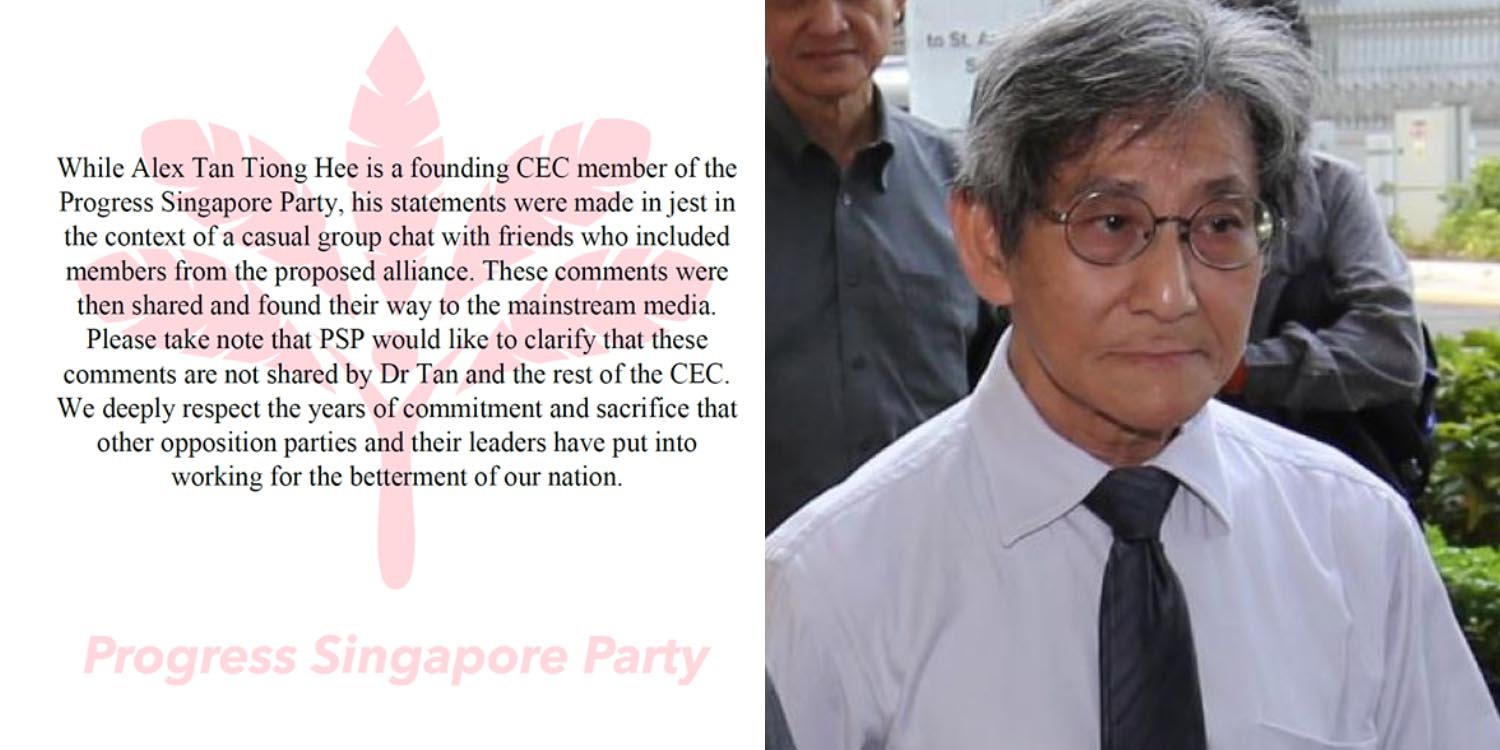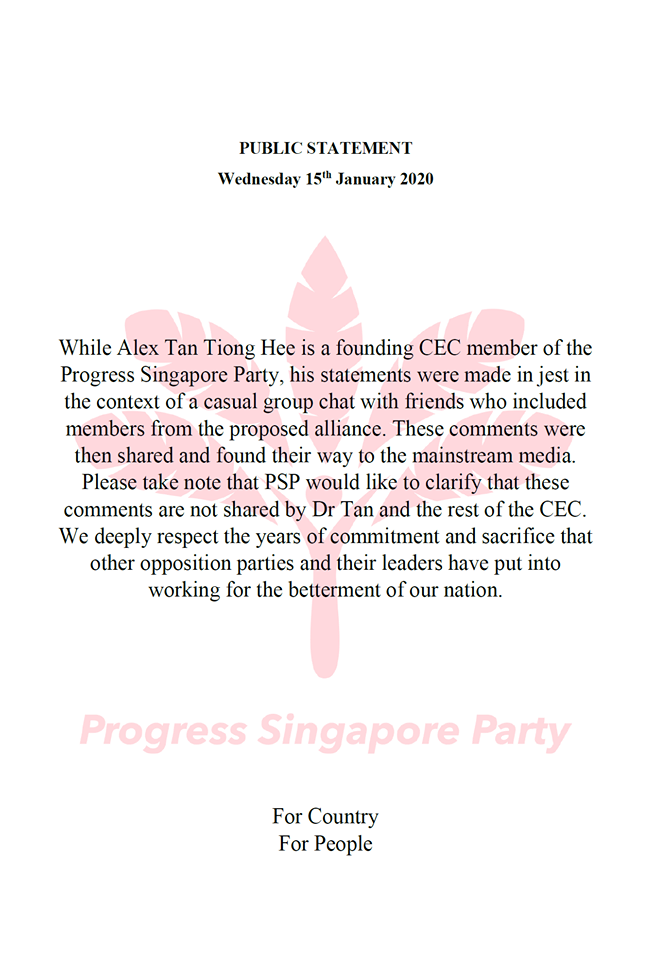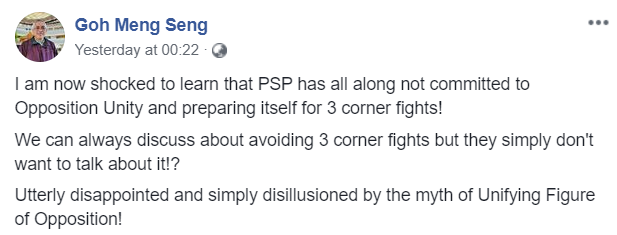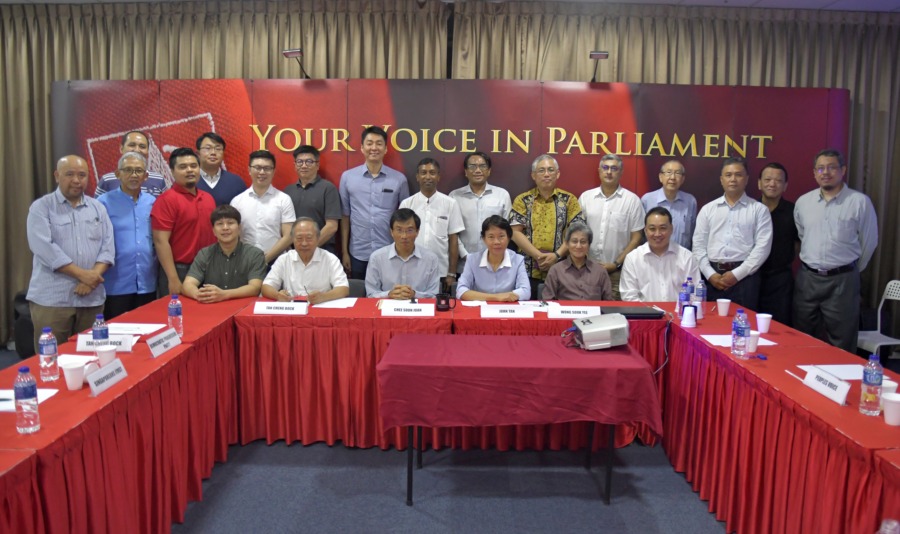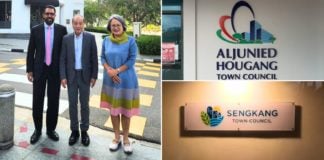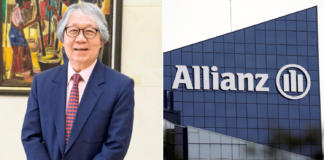Opposition Unity Between PSP & Other Parties Is Unlikely To Happen
Recent comments by Alex Tan Tiong Hee, the personal assistant to the Progress Singapore Party (PSP)’s leader Tan Cheng Bock, has ignited indignation and anger among those targeted.
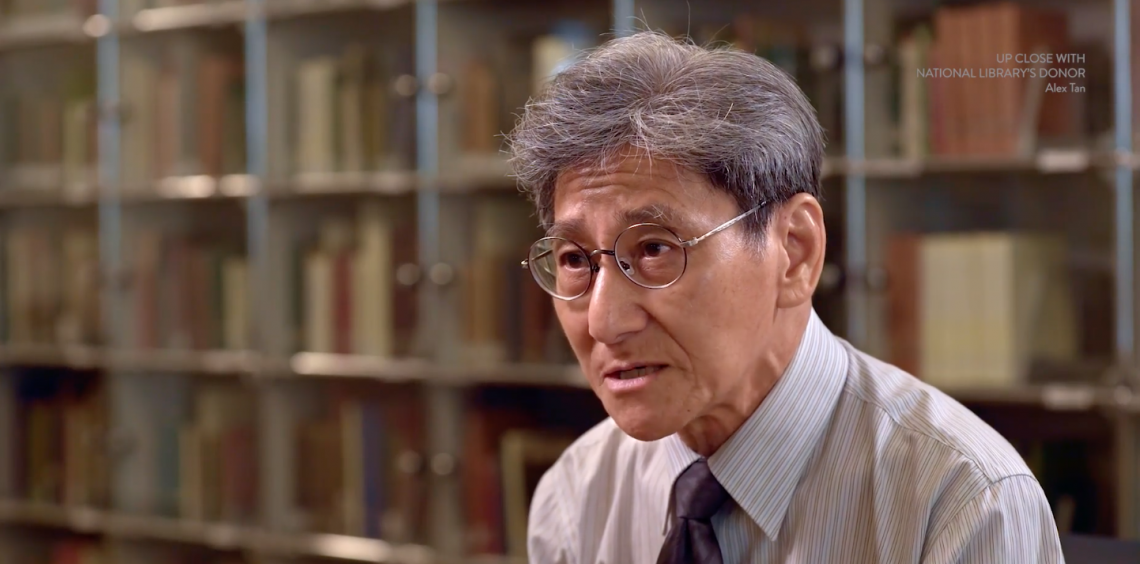 Alex Tan Tiong Hee of PSP
Alex Tan Tiong Hee of PSP
Source
On Fri (3 Jan), The Straits Times reported that 4 opposition parties – SingFirst, the PPP, the Democratic Progressive Party (DPP) and the Reform Party – would form an alliance.
The report mentions that other parties had been approached but had declined to join. One of these parties is the PSP.
On Thur (9 Jan), Mr Tan commented about how these opposition party leaders were:
(Like) four captains from their respective sinking boats – not even a ship! – clasping one another’s hands to save themselves from drowning.
The comments were part of an article published on The Online Citizen on Monday (13 Jan).
However, this resulted in a furore, as Mr Tan is part of the Central Executive Committee (CEC) in the PSP, in addition to being Tan Cheng Bock’s PA.
The furore was large enough that the party had to come out with a public statement on Wed (15 Jan) distancing themselves from his words.
But there is a larger story here — about the idea of opposition unity, and why it simply doesn’t exist in Singapore.
More importantly, this is why Alex Tan has such a sentiment. It’s not born willy-nilly.
Opposition parties express discontent
The fiery outrage includes that of People’s Power Party (PPP) Secretary-General Mr Goh Meng Seng, who expressed his “disappointment and disillusionment” on Facebook.
Why?
Because they, and other opposition leaders like Mr Tan Jee Say, had been hoping to form an alliance with the PSP.
The Singaporeans First (SingFirst) leader told TOC in the 13 Jan article that they had approached the PSP leader for an alliance but, after 2 months, decided to proceed without his party.
This comes after Mr Tan Cheng Bock invited opposition leaders in Nov for talks, but he gave no answer about the possibility of an alliance afterwards.
“Fringe” parties do, in fact, have to stick together to compete with larger ones
If you’re not aware, there are currently a whopping 11 parties in Singapore.
Not all parties are equal. Several existing parties were formed after certain opposition members left larger parties, such as the Singapore Democratic Party (SDP) and National Solidarity Party (NSP).
Some didn’t even exist during the previous General Elections held in 2015.
For better or worse, such parties, on their own, are seen as unlikely to threaten the People’s Action Party (PAP), given they’re made up of members who’ve never won a seat in Parliament, let alone form a majority there.
So, the idea of an alliance seems reasonable if they wish to have a bigger presence in politics and elections, but the larger parties are not on board with the idea.
Larger parties have no interest – because they’re large
For example, the Workers’ Party has historically been resistant to the idea of an alliance, with both Mr Low Thia Khiang and Mr Pritam Singh expressing their reservations about their ideas aligning with those of other parties.
In 2013, Mr Low claimed that opposition unity was “difficult, if not impossible”.
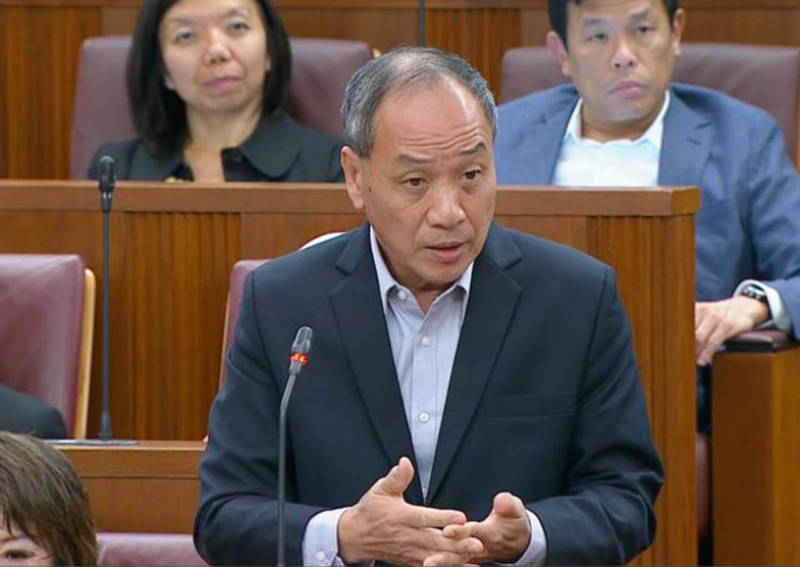 Low Thia Khiang of WP
Low Thia Khiang of WP
Source
Meanwhile, the latter said in a Facebook post on 13 Nov that the various parties had “different philosophies, both ideologically and in terms of how (they) engage the issues of the day.”
This, Mr Singh said, was due to their aim being for the betterment of all Singaporeans, not the destruction of their opponents.
However, it would not be surprising if they had other reasons not to pursue any alliance, even if this would bolster numbers.
WP do not back down from 3-corner fights. In GE2015, WP member Mr Bernard Chen contested in MacPherson SMC, even though historically the NSP had roots there. He ended with 33.6% of the vote, while NSP’s Mr Cheo Chai Chen garnered just 0.82%.
In this situation, the smaller party – NSP – stood to lose a lot more from contesting a 3-corner fight than the WP.
If PSP have no interest, it’s not their fault
Mr Tan’s comments are nothing if not true, whether they were made in “jest” or in a personal capacity.
The smaller parties have to do something to remain relevant because they neither have the firepower on their own to contest in several locations, nor the influence or money to get people’s attention.
This is despite the fact that figures like Mr Goh Meng Seng have been in the political scene for decades.
All Mr Tan has done is arguably vocalise why the bigger opposition parties won’t form a larger alliance ready to take on the PAP in numbers any time soon.
Featured image adapted from The Straits Times and Progress Singapore Party.

Drop us your email so you won't miss the latest news.
